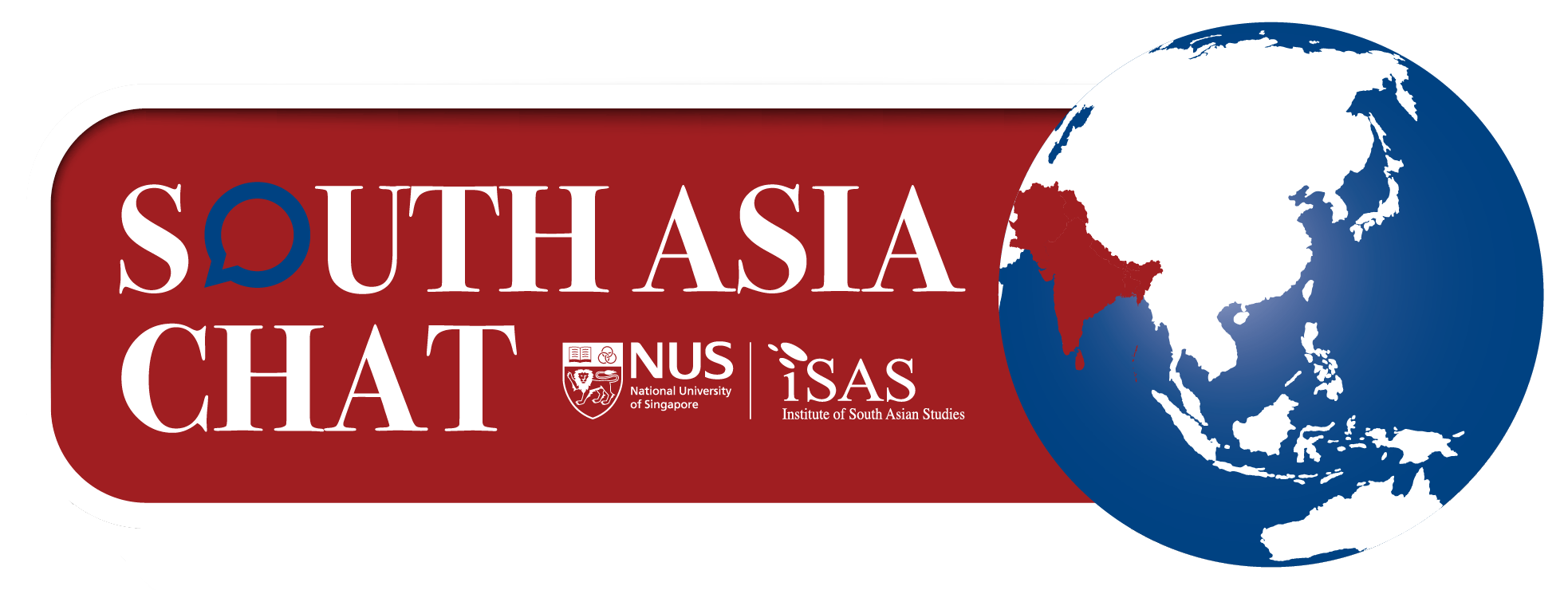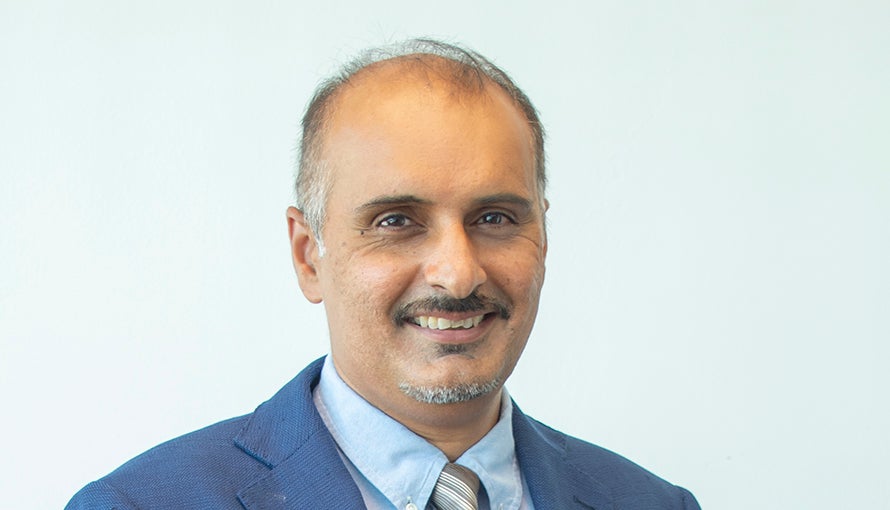
| Title: | Episode 69: Rise of the Right Wing |
| Guest Speaker/s: | Dr Iqbal Singh Sevea |
| Designation: | Visiting Research Associate Professor |
| Abstract: | In recent times, the role of religious political parties in Pakistan has grown significantly, with the Tehreek-e-Labbaik (TLP) being one of them. The party has been at the forefront of anti-France protests and opposed the amendments to blasphemy laws. However, it is now facing a leadership crisis after the untimely death of its charismatic leader Khadim Hussain Rizvi. To further discuss the TLP and its future, alongside the significant role religious political parties play domestically, we spoke to Visiting Research Associate Professor, Dr Iqbal Singh Sevea. He is also an Associate Professor of History at the University of North-Carolina-Chapel Hill with research focus on modern Islam and modern South Asia. |
| Audio: | |
| Date: | 23 December 2020 |
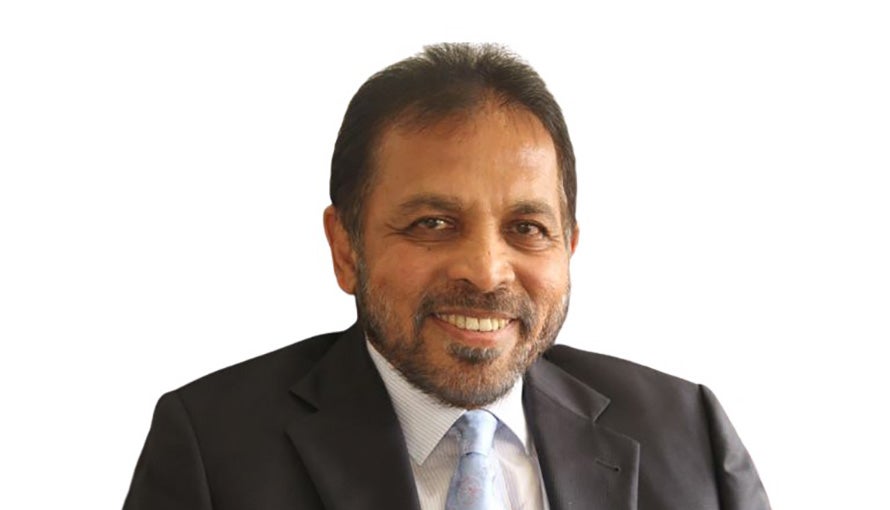
| Title: | Episode 68: Sri Lanka’s China Policy – A Continuation or a New Policy Direction? |
| Guest Speaker/s: | Dr Palitha Kohona |
| Designation: | Sri Lankan Ambassador to China |
| Abstract: | With Sri Lanka’s insistence on a “neutral” foreign policy, questions are being raised over Colombo’s relationship with other global and regional powers like the United States, China and India. One of the common foreign policy challenges that the country faces is navigating big power relations. To discuss the strategies in detail, Dr Chulanee Attanayake, Visiting Research Fellow, was in-conversation with Dr Palitha Kohona, the new Sri Lankan Ambassador to China. Dr Kohona shared more insights into his plans on enhancing bilateral ties, geopolitics in Sri Lanka and the new President of the US, Joe Biden’s policy towards the country. |
| Audio: | |
| Date: | 15 December 2020 |
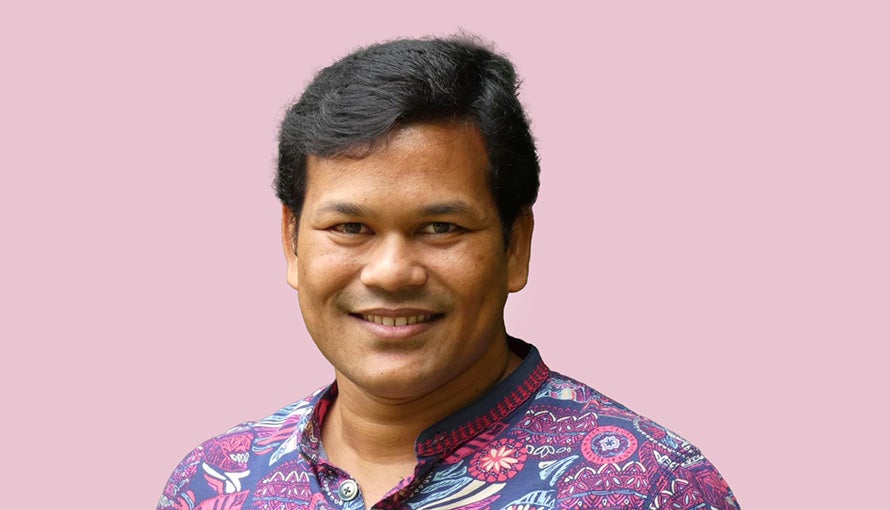
| Title: | Episode 67: Religion, Secularism and State in Bangladesh |
| Guest Speaker/s: | Dr Shafi Mostafa |
| Designation: | Adjunct Lecturer University of New England (UNE), Australia |
| Abstract: | Bangladesh is the third largest Muslim country in the world and one of the recent challenges that the country faces is religious extremism and violence. The existence of Islamic militant groups is not new to the country. However, these groups are now increasingly relying on transnational networks and narratives. Bangladesh, which was historically secular, is now increasingly turning towards religion as a source of its national identity. To discuss these developments and the transformation of the country from a secular to a religious state, Dr Imran Ahmed, a Consultant at ISAS spoke to Dr Shafi Mostafa, adjunct Lecturer at the University of New England (UNE) in Australia where he completed his PhD. He is also an Assistant Professor in Department of World, Religion and Culture at Dhaka University |
| Audio: | |
| Date: | 08 December 2020 |

| Title: | Episode 66: The Afghan Peace Prospects |
| Guest Speaker/s: | Dr Zahid Shabab Ahmed |
| Designation: | Research Fellow Deakin University |
| Abstract: | Recently, there have been various developments in Afghanistan such as the withdrawal of US troops, Imran Khan’s visit to the region and talks with the Taliban. While the Trump administration has set a Christmas deadline for withdrawal of troops, it is unclear how the incoming Biden administration will impact the region in terms of policy and its relationship with the Afghanistan. In this episode, Dr Imran Ahmed, Consultant at ISAS, spoke to Dr Zahid Shabab Ahmed, a Research Fellow at Deakin University with research focus on peace and security in South Asia and Middle East, to further understand the significance of the rapidly evolving geopolitical landscape of Afghanistan as well as the various domestic and international actors that continue to play a role in the state. |
| Audio: | |
| Date: | 02 December 2020 |
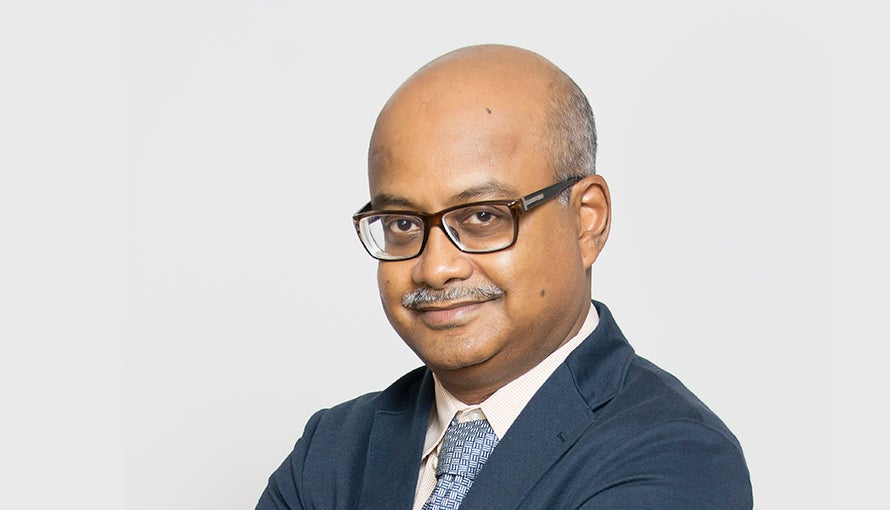
| Title: | Episode 65 : RCEP – The Road Ahead for Regional Trade |
| Guest Speaker/s: | Dr Amitendu Palit |
| Designation: | Senior Research Fellow and Research Lead (Trade and Economics) |
| Abstract: | The Regional Comprehensive Economic Partnership or RCEP was signed by 15 countries including all Southeast Asian nations after eight years of negotiations on 15 November 2020 in Hanoi, Vietnam. Dubbed as the largest free trade agreement in history, it focuses on the reduction of tariffs and increasing market access. However, India decided to walk out of RCEP stating strong concerns over Chinese goods flooding Indian markets. At this juncture, India and the United States are the two big countries that are not part of this multilateral trade grouping. Dr Amitendu Palit, Senior Research Fellow and Research Lead (Trade and Economics) explains the complexities of regional trade and the way forward for RCEP. He also analyses if Asia is emerging to be the centre of the global trade order. |
| Audio: | |
| Date: | 24 November 2020 |
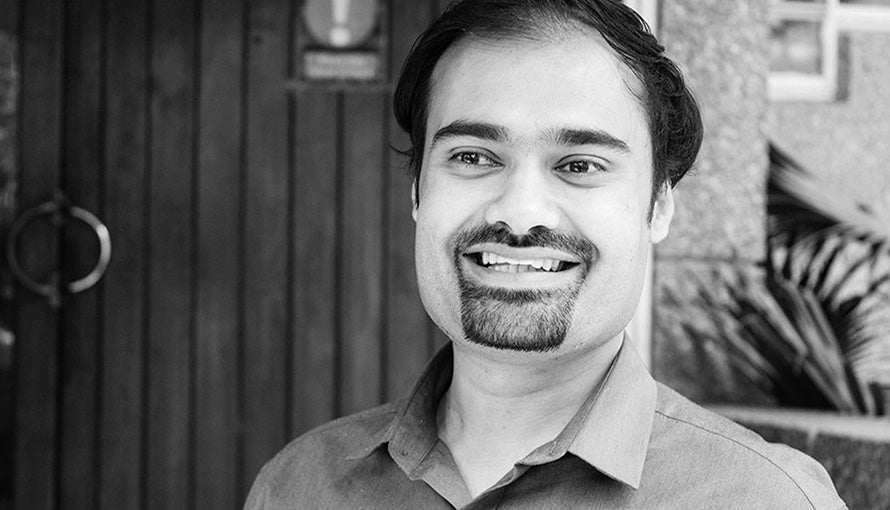
| Title: | Episode 64: Decoding Bihar Election Verdict |
| Guest Speaker/s: | Dr Neelanjan Sircar |
| Designation: | Senior Visiting Fellow at CPR and Assistant Professor at Ashoka University |
| Abstract: | The recently concluded assembly elections in Bihar was a closely contested one with the National Democratic Alliance winning by a small margin. While Nitish Kumar has been sworn Chief Minister for the seventh time, the Janata Dal (U) performed poorly. Asserting itself, two Deputy Chief Ministers from the Bharatiya Janata Party were also sworn in. In this episode, Dr Ronojoy Sen, Senior Research Fellow, spoke to Dr Neelanjan Sircar, a Senior Visiting Fellow at CPR, Assistant Professor at Ashoka University and a close Bihar-watcher, to understand the politics at play, the impact of the pandemic on the election result, women turnout and the much larger question of the role Hindutva. |
| Audio: | |
| Date: | 17 November 2020 |
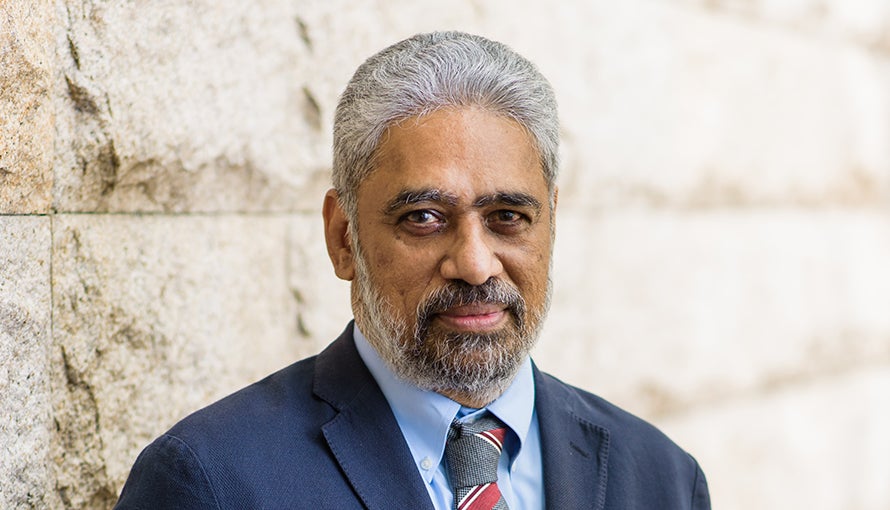
| Title: | Episode 63: The Biden Presidency and South Asia |
| Guest Speaker/s: | Professor C Raja Mohan |
| Designation: | Director |
| Abstract: | Two days after the United States elected Joe Biden as their next President and Kamal Harris as the Vice President, uncertainties and anticipation about the current President conceding remains. However, the election outcome was welcomed in South Asia with greater emphasis on the first female Vice President and her Indian ancestry. The region is at the cusp of competition with India and the US on the one hand and China on the other. The recent visit of the US Secretary of State, Mike Pompeo, to South Asia - India, Sri Lanka and the Maldives – has been viewed by many as an 'anti-China roadshow.’ Additionally the Trump administration's promise of pulling out troops from Afghanistan poses security challenges in the region. With all these structural changes underway, what are the likely implications? Prof C Raja Mohan, the Director of ISAS, sheds his insights into Biden’s Presidency and what it means for South Asia. |
| Audio: | |
| Date: | 10 November 2020 |
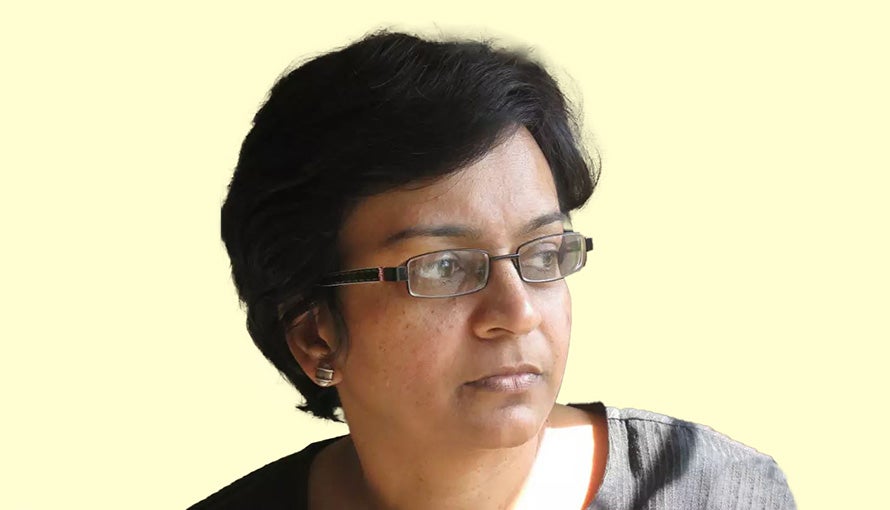
| Title: | Episode 62: Shiv Sena and Maharashtra Politics – One Year On |
| Guest Speaker/s: | Dr Rajeshwari Deshpande |
| Designation: | Director of the Interdisciplinary School (Humanities and Social Sciences) Savitribai Phule Pune University. |
| Abstract: | Last year, the Shiv Sena broke up with its traditional partner, the Bharatiya Janata Party, and entered into an alliance with Sharad Pawar's Nationalist Congress Party and a few others to form the government in Maharashtra. Since then it has faced many challenges including the COVID-pandemic and interference from the BJP which is in power at the Centre. The party has also decided to contest 40 seats in the Bihar elections, without entering into any pre-poll partnerships. To share her views on the current state of Maharashtra politics and the Shiv Sena in particular, we spoke to Dr Rajeshwari Deshpande, Professor of Political Science and Director of the Interdisciplinary School (Humanities and Social Sciences), Savitribai Phule Pune University. |
| Audio: | |
| Date: | 02 November 2020 |
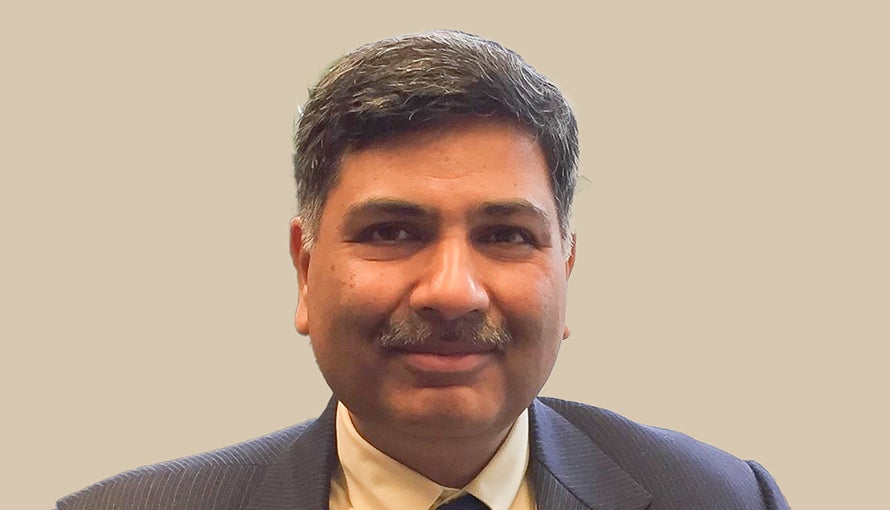
| Title: | Episode 61: Trade Prospects of South Asia |
| Guest Speaker/s: | Dr Sanjay Kathuria |
| Designation: | Senior Visiting Fellow Center for Policy Research |
| Abstract: | A recent ADB reports points to developing Asia experiencing its first recession in more than six decades, mainly due to the COVID-19 pandemic. This is expected to have profound influence on Asia-Pacific's geopolitics leading to restructuring of supply chains and realignments in global trade. What must South Asia do to take advantage of these changes and which sectors could be the game-changing strategic industries for the region? To give us more insights into these developments, Dr Amitendu Palit, Senior Research Fellow and Research Lead (Trade and Economics) spoke to Dr Sanjay Kathuria, Retired Lead Economist and Coordinator for regional integration of South Asia, World Bank and Senior Visiting Fellow, Center for Policy Research. |
| Audio: | |
| Date: | 27 October 2020 |
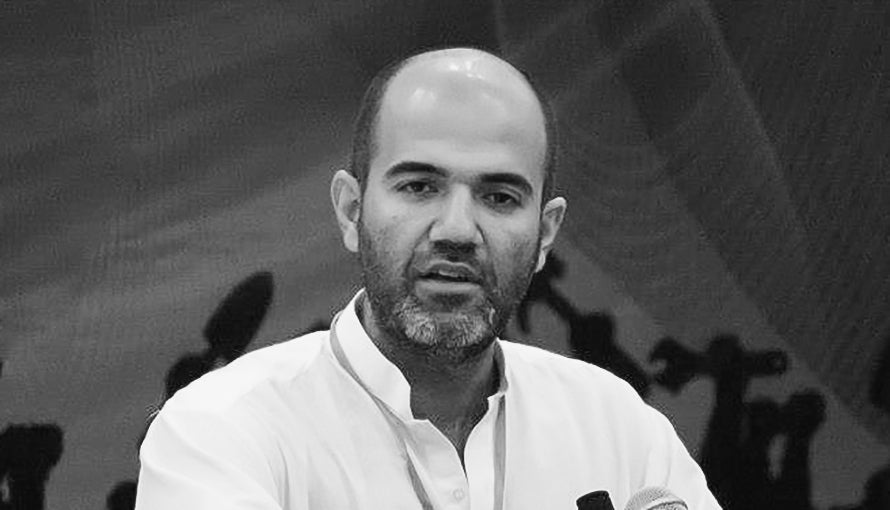
| Title: | Episode 60: Political Rumblings in Pakistan |
| Guest Speaker/s: | Dr Aasim Sajjad Akhtar |
| Designation: | Associate Professor of Political Economy National Institute of Pakistan Studies, Quaid-i-Azam University |
| Abstract: | The recent political protests and rallies by a united opposition seem to be part of a campaign to oust Prime Minister Imran Khan. Interestingly, the former Prime Minister Nawaz Sharif-led PML (N) also chose to take on the all-powerful Army, criticising the hybrid model of governance where the Army leads the Imran Khan government from behind. Also, the government has announced elections in the disputed Gigit-Baltistan province on 15 November 2020. To gain more insights into these developments, we spoke to Dr Aasim Sajjad Akhtar, Associate Professor of Political Economy at the National Institute of Pakistan Studies, Quaid-i-Azam University. He also shared his views on the Afghanistan peace process and the forthcoming US Presidential elections. |
| Audio: | |
| Date: | 20 October 2020 |
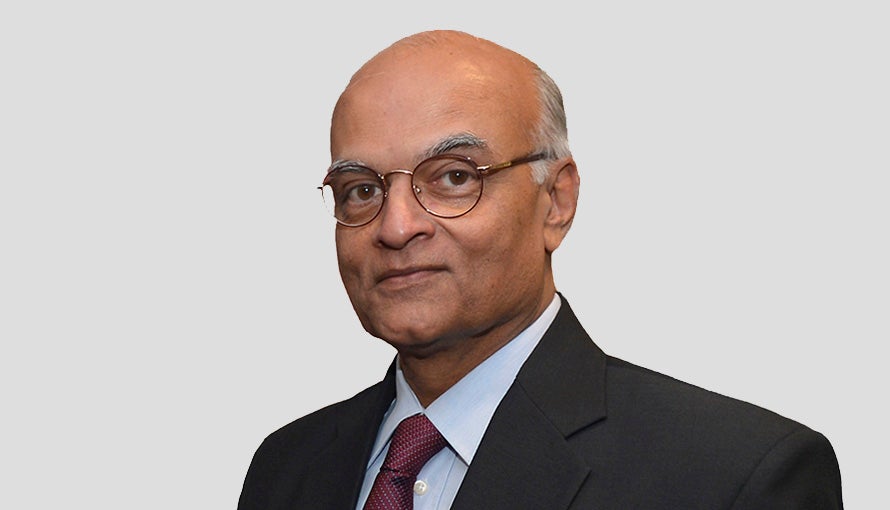
| Title: | Episode 59: Changing Geopolitics of South Asia |
| Guest Speaker/s: | Mr Shivshankar Menon |
| Designation: | Distinguished Visiting Research Fellow |
| Abstract: | The current India-China rivalry has revealed the fault lines in South Asia. The increasing Chinese interests in the region, be it elections in Sri Lanka or involvement with Nepalese communist parties, has resulted in a complex dynamics between New Delhi and Beijing. How do South Asian countries navigate between China, which has risen to be a great power and India, that is at the heart of the subcontinent? In this backdrop, Professor C Raja Mohan spoke to Ambassador Shivshankar Menon about the geopolitics of South Asia. Ambassador Menon is currently a Professor at the Ashoka University in India, the Chairman of the Advisory Board of the Institute of Chinese Studies in New Delhi, and a Distinguished Fellow at the Brookings Institution, Washington. He served as national security advisor to the Prime Minister of India from January 2010 to May 2014 and as Foreign Secretary of India from October 2006 to August 2009. A career diplomat, he was Ambassador or High Commissioner of India to Israel, Sri Lanka, China, and Pakistan. |
| Audio: | |
| Date: | 13 October 2020 |
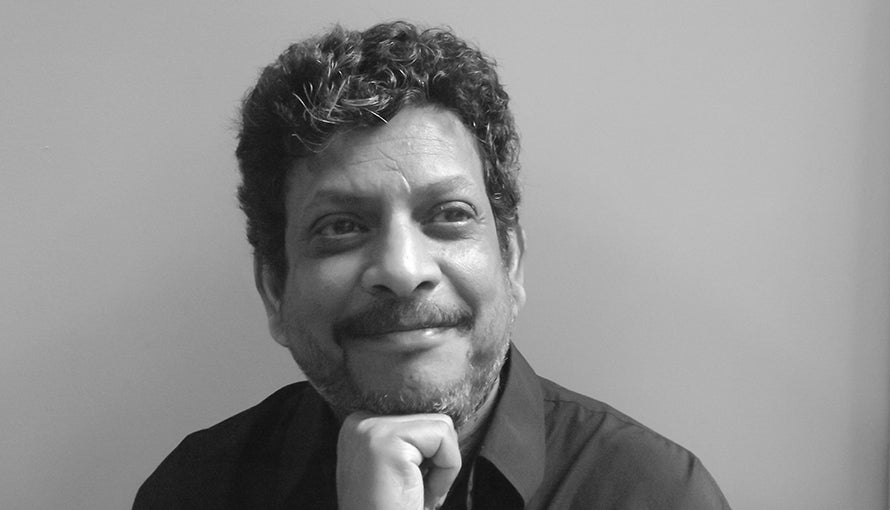
| Title: | Episode 58: American Elections – Implications for India |
| Guest Speaker/s: | Dr Sanjoy Chakravorty |
| Designation: | Professor of Geography and Urban Studies and Global Studies Temple University |
| Abstract: | Soon after the first American Presidential debate for 2020 concluded on September 29, President Donald Trump was diagnosed with COVID-19. While there is uncertainity over the next two debates set for 12 and 22 October, one thing is certain - whoever wins, there will be implications for India. With growing understanding between New Delhi and Washington, the Indian diaspora too has gained prominence. What role will the significant population of Indian Americans play and would the nomination of Kamala Harris as the Vice-presidential candidate of the Democrats make a difference in the way they vote? We discussed these factors with Dr Sanjoy Chakravorty, Professor of Geography and Urban Studies and Global Studies at Temple University and Visiting Fellow at the Center for the Advanced Study of India at the University of Pennsylvania. |
| Audio: | |
| Date: | 06 October 2020 |

| Title: | Episode 57: India’s Approach to 5G – Is there Progress ? |
| Guest Speaker/s: | Manoj Kewalramani |
| Designation: | Fellow China Studies, Takshashila Institution |
| Abstract: | Many studies estimate that by 2035, 5G technologies will enable $12.3 trillion of global economic output and support 22 million jobs. Therefore, the race to develop these technologies has begun. But where does India stand with respect to 5G? To discuss this and the challenges that India faces, the country’s position on working with Chinese telecom companies such as Huawei and ZTE as well as the economic gains from adopting these technologies, Dr Karthik Nachiappan spoke to Manoj Kewalramani, Fellow - China Studies at the Takshashila Institution. His research focuses on Chinese politics, foreign policy and approaches to new technologies. |
| Audio: | |
| Date: | 01 October 2020 |
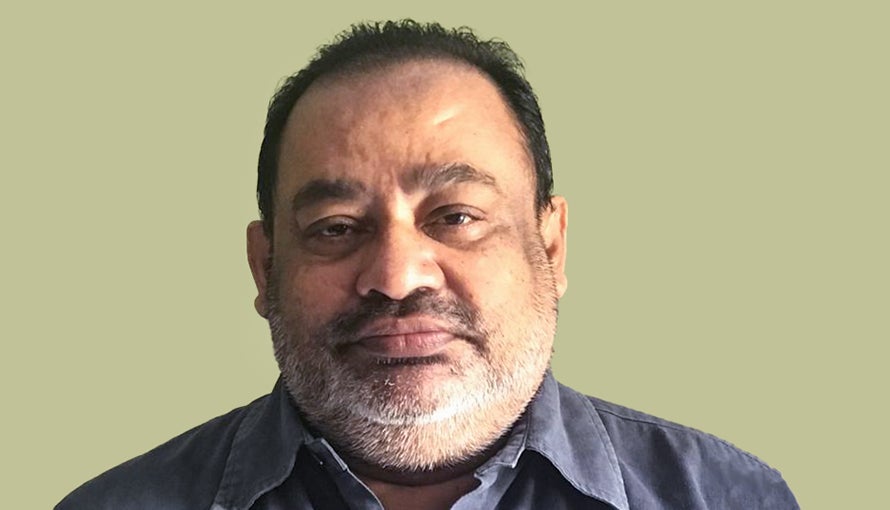
| Title: | Episode 56: The Road Ahead for Sri Lanka under the Rajapaksa Dynasty |
| Guest Speaker/s: | Mr Waruna Karunatilake |
| Designation: | Senior Journalist and Political Analyst |
| Abstract: | The recent Sri Lankan Parliamentary elections led to the resounding victory for the Sri Lanka Podujana Peramuna (SLPP), strengthening the hold of the Rajapaksa family. Since coming to power last year, President Gotabaya Rajapaksa has pushed for many changes with regard to the constitution and foreign policy. To explain the implications of this win, we spoke to Mr Waruna Karunatilake, a senior journalist and political analyst. He shared his views on various issues related to the country's economy, balancing relations with both India and China, as well as the proposed constitutional amendments that grants greater power to the president. |
| Audio: | |
| Date: | 29 September 2020 |
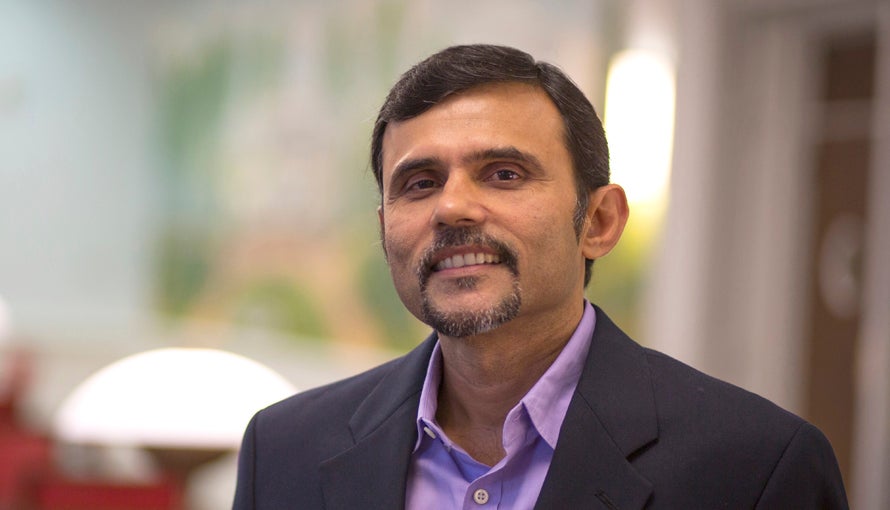
| Title: | Episode 55: US Presidential Elections – Role of South Asian Diaspora |
| Guest Speaker/s: | Dr Sangay Mishra |
| Designation: | Asst Professor of Political Science and International Relations Drew University |
| Abstract: | The nomination of Kamala Harris as the Vice Presidential candidate of the Democratic Party and her part-Indian identity has put the South Asian diaspora’s role and contributions in the forthcoming American elections under spotlight. The growing cultural ties between the United States and India became prominent after the bonhomie between PM Modi and President Trump reflected in the 'Howdy Modi' and 'Namaste Trump' events. So would this have an impact on voting, given the fact that Indians have traditional supported Democrats. We spoke to Dr Sangay Mishra to understand the role of the diaspora, polarisation within the South Asian community and concerns over H1B work visas among other larger issues. Dr Mishra is an Assistant Professor of Political Science and International Relations at Drew University. He is the author of Desis Divided: The Political Lives of South Asian Americans and comments frequently on South Asians in the US as well as South Asian politics and policy. |
| Audio: | |
| Date: | 24 September 2020 |

| Title: | Episode 54: Germany’s Indo-Pacific Strategy and its Way Forward |
| Guest Speaker/s: | Dr Garima Mohan |
| Designation: | Fellow Asia Program German Marshall Fund (GMF) of the United States |
| Abstract: | Germany’s Indo-Pacific strategy unambiguously promises greater responsibility and engagement in Asia, including intensified military cooperation and deployments, defence diplomacy and participation in regional multilateralism particularly ASEAN-led forums. The shift in Germany’s strategy is expected to strengthen the EU’s role in the Indo-Pacific as more countries in the region come out in support. To discuss the internal factors that led to the change, new areas of cooperation with India and the role of China, we spoke to Dr Garima Mohan, a fellow in the Asia program at the German Marshall Fund (GMF) of the United States where she leads the work on India and heads the India Trilateral Forum. Prior to joining GMF, she was the acting team leader and coordinator for the EU’s Asia-Pacific Research and Advice Network (APRAN), which supports EU policymakers on issues concerning the Asia-Pacific. She also led the Global Orders program at the Global Public Policy Institute in Berlin. Garima holds a PhD from the Freie Universität Berlin and received her master’s degree from the London School of Economics. |
| Audio: | |
| Date: | 22 September 2020 |
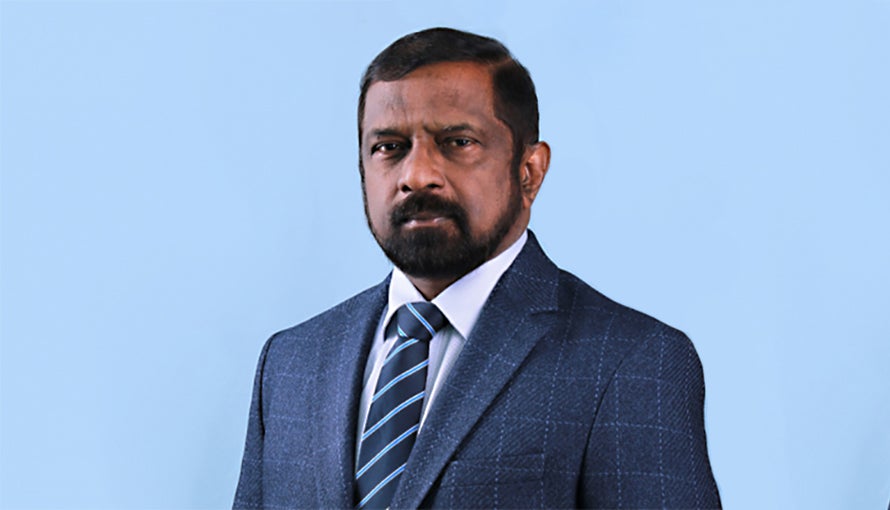
| Title: | Episode 53: Navigating Sri Lanka’s Foreign Policy |
| Guest Speaker/s: | Admiral Professor Jayanath Colombage |
| Designation: | Foreign Secretary of Sri Lanka |
| Abstract: | Sri Lanka’s President Gotabaya Rajapaksa emphasised on an equidistant policy soon after being elected in 2019. While China is Sri Lanka’s largest economic partner, the latter recognises India to be an important neighbour. However, as a small state, it is concerned about the power competition in the Indian Ocean. With the incoming of a new cabinet, how will the island nation navigate the challenges? Will there be any major departures from the past policies? To shed light on the direction of Sri Lanka’s foreign policy, we hosted the current Foreign Secretary of Sri Lanka, Admiral Prof Jayanath Colombage. Admiral Colombage served the Sri Lanka Navy for 36 years, was its 18th Commander and was appointed Commander of the Sri Lanka Navy in 2012. At the time of his appointment as Foreign Secretary, he was the Additional Secretary to the President on Foreign Relations and the Director General of the Institute of National Security Studies Sri Lanka (INSSSL). |
| Audio: | |
| Date: | 08 September 2020 |
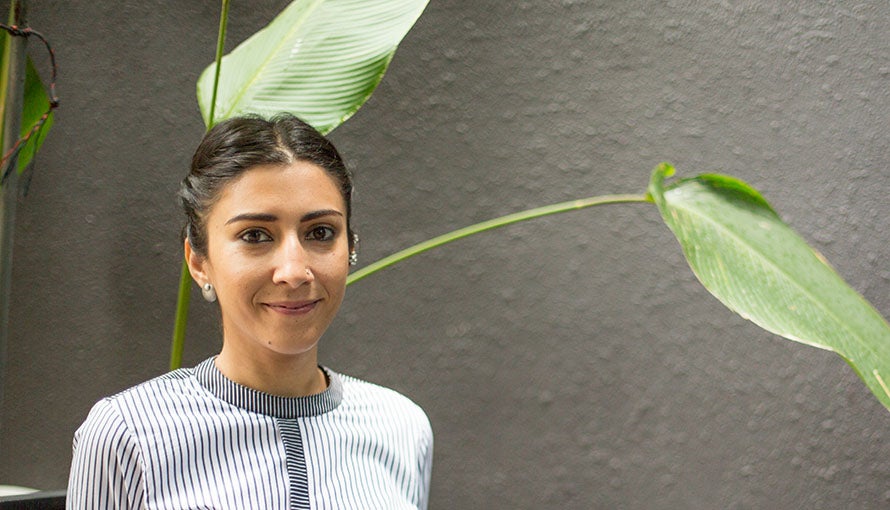
| Title: | Episode 52: The Big Tech Affair in India |
| Guest Speaker/s: | Dr Karthik Nachiappan |
| Designation: | Research Fellow |
| Abstract: | India has witnessed huge developments in the technology space in the recent past. First, it welcomed investments from American tech companies and now is witnessing collaborations between US and Indian firms such as Facebook and Reliance Jio. However, there are challenges that come with these. Recently, Facebook has come under heavy scrutiny in India for not acting against hate-posts targeting one of the minority groups in India. This has opened debates about the intervening role of big tech companies in democracy. Besides, with the investments, come other concerns regarding data privacy and market monopolisation. To understand the role of big tech companies, Karthik Nachiappan, a Research Fellow at ISAS, spoke to Urvashi Aneja, the founder of Tandem Research. Aneja’s recent report studies the influence these big tech companies wield on the Indian markets, civil society, and the policy pathways. |
| Audio: | |
| Date: | 03 September 2020 |
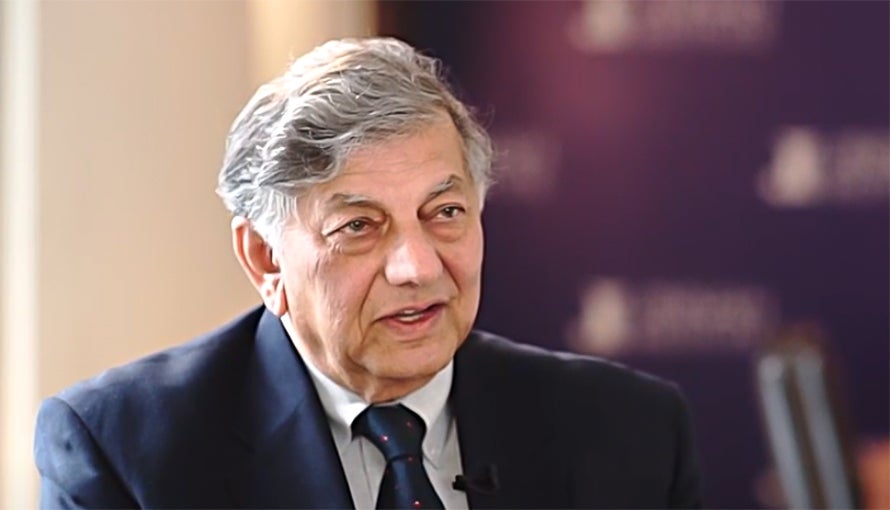
| Title: | Episode 51: Abraham Accord and Pakistan’s Role in the Muslim World |
| Guest Speaker/s: | Ambassador Riaz Khokhar |
| Designation: | Former Foreign Secretary of Pakistan |
| Abstract: | The peace agreement between the United Arab Emirates and Israel, also known as Abraham Accord, seeks to normalise relations between the two countries. The deal is historic as it is the first Gulf country and the third Arab country to have full diplomatic relations with Israel. However, Pakistan’s Prime Minister Imran Khan stated his government would not recognise Israel until the Palestinians are given their own state. At the same time, the country’s army chief, General Bajwa visited Saudi Arabia after Foreign Minister Shah Mahmood Qureshi criticised the OIC for not denouncing India's action in Kashmir. Meanwhile, as China’s stakes in the Muslim world is growing, it is becoming an important partner for Beijing. To get insights on these developments, we spoke to Ambassador Riaz Khokhar, a distinguished diplomat and a former Foreign Secretary of Pakistan (2002-2005). He has held senior appointments in the Ministry of Foreign Affairs, besides representing Pakistan in some of the most important capitals in the world including the US, China, India, and Bangladesh. |
| Audio: | |
| Date: | 01 September 2020 |

| Title: | Episode 50: India and its engagement in the Indo-Pacific |
| Guest Speaker/s: | Ms Darshana M Baruah |
| Designation: | Visiting Fellow Sasakawa Peace Foundation, Tokyo |
| Abstract: | In recent times, New Delhi has started envisaging a bigger role for India in the Indo-Pacific region. This strategic shift coincides with the rise of China in the Indian Ocean ring. While the Indian partnerships in this region can be broadly classified into three groups – the Quad, ASEAN and Western Indian Ocean, the government believes that these new partnerships should be primarily based on common interests. Darshana M Baruah, non-resident scholar with the South Asia Program at the Carnegie Endowment for International Peace and visiting fellow at the Sasakawa Peace Foundation, Tokyo shares her views on India's engagement with this region. |
| Audio: | |
| Date: | 25 August 2020 |

| Title: | Episode 49: Myths and Realities of Sri Padmanabhaswamy Temple |
| Guest Speaker/s: | Mr Vinod Rai |
| Designation: | Distinguished Visiting Research Fellow |
| Abstract: | The Supreme Court of India recently upheld the rights of the Travancore royal family in the management of the Sri Padmanabhaswamy temple in Thiruvananthapuram, overturning an earlier verdict of the Kerala High Court. The latter had directed the state government to set up a trust that would take control of the administration and assets of the temple as the present king could not automatically step into the shoes of the last ruler and claim management rights over it. This has led to legal, religious and political debates, including demands for liberating other temples in southern India. Mr Vinod Rai, Distinguished Visiting Research Fellow at ISAS joins us in this episode to share his insights on the various implications of this judgment and also the myths surrounding the treasure in the Vault B of the temple. |
| Audio: | |
| Date: | 18 August 2020 |
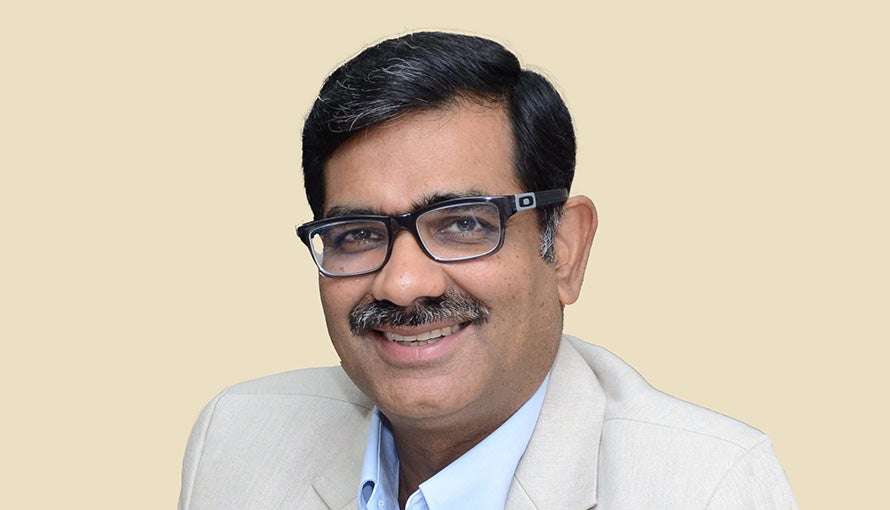
| Title: | Episode 48: Future of Artificial Intelligence – Impact on the Indian Economy |
| Guest Speaker/s: | Dr Rajat Kathuria |
| Designation: | Director and Chief Executive Indian Council for Research on International Economic Relations |
| Abstract: | India is on the brink of tremendous opportunity for economic progress and digital transformation. Over the last several years, it has built digital highways to bring equitable access of technology. To assess the digital transformation and new technologies such as Aritficial intelligence’s (AI) impact on the manufacturing industry, e-commerce and other sectors, we spoke to Dr Rajat Kathuria and Mansi Kadia, who recently published a report on the implications of AI on the Indian Economy. The analysis in the report is based on in-depth interviews with 13 AI companies in India that are developing applications for 10 different sectors including law enforcement, healthcare, banking and finance, agriculture and manufacturing. In terms of the AI used, we find machine learning and its subsets, deep learning, deep neural networks, convolutional neural networks, among others, featuring prominently across organisations building and providing AI-based services. Here is the link to the report -http://icrier.org/pdf/Implications_of_AI_on_the_Indian_Economy.pdf |
| Audio: | |
| Date: | 11 August 2020 |
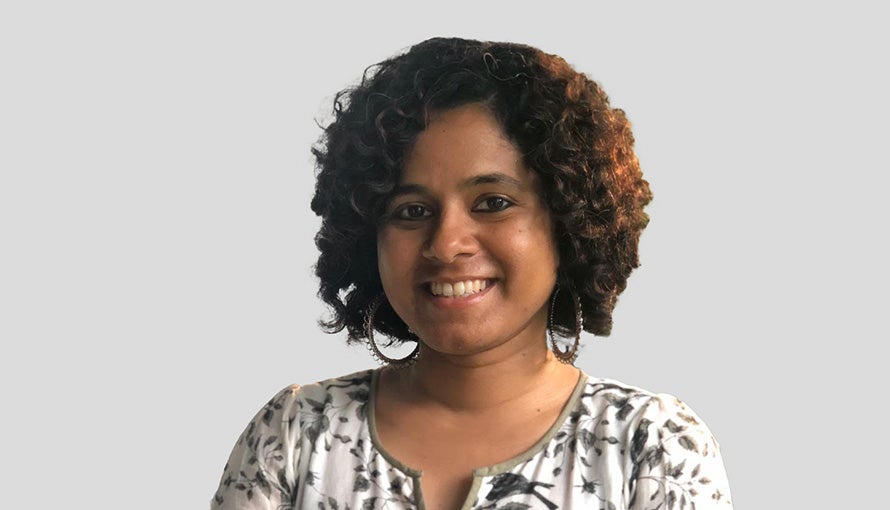
| Title: | Episode 47: China-Iran Deal – What’s the way forward for India ? |
| Guest Speaker/s: | Ms Sumitha N Kutty |
| Designation: | Associate Research Fellow S. Rajaratnam School of International Studies (RSIS) Nanyang Technological University |
| Abstract: | A proposed US$400 billion economic and security cooperation deal between China and Iran has raised concerns for India and the United States. India has been involved in the development of the Chabahar port to gain strategic inroads into Central Asia while the United States has imposed sanctions on it in response to the Iranian nuclear programme and its support to terrorist groups. Will the proposed partnership between China and Iran impact India’s own position in the region and what lies ahead? To find out more on this, we spoke to Sumitha N Kutty, an Associate Research Fellow with the South Asia Programme at the S. Rajaratnam School of International Studies (RSIS), Nanyang Technological University, Singapore. Her research focuses on India’s foreign and security policies across the Indo-Pacific region with special interest in the Middle East. |
| Audio: | |
| Date: | 04 August 2020 |
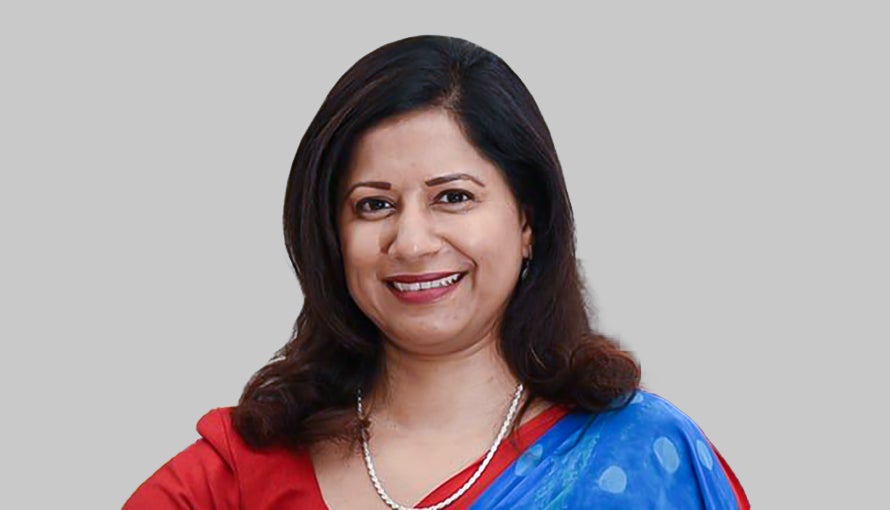
| Title: | Episode 46: Sri Lanka- Singapore Mark 50 Years of Diplomatic Relations |
| Guest Speaker/s: | HE Sashikala Premawardhane |
| Designation: | High Commissioner of Sri Lanka to Singapore |
| Abstract: | Sri Lanka and Singapore mark the 50th anniversary of the establishment of diplomatic ties on 27 July 2020. The two countries share a long history and, over time, trade and economics have become central to their bilateral relations. We spoke to the Sri Lankan High Commissioner to Singapore, Sashikala Premawardhane, to understand how this relationship has evolved and what lies ahead. |
| Audio: | |
| Date: | 28 July 2020 |
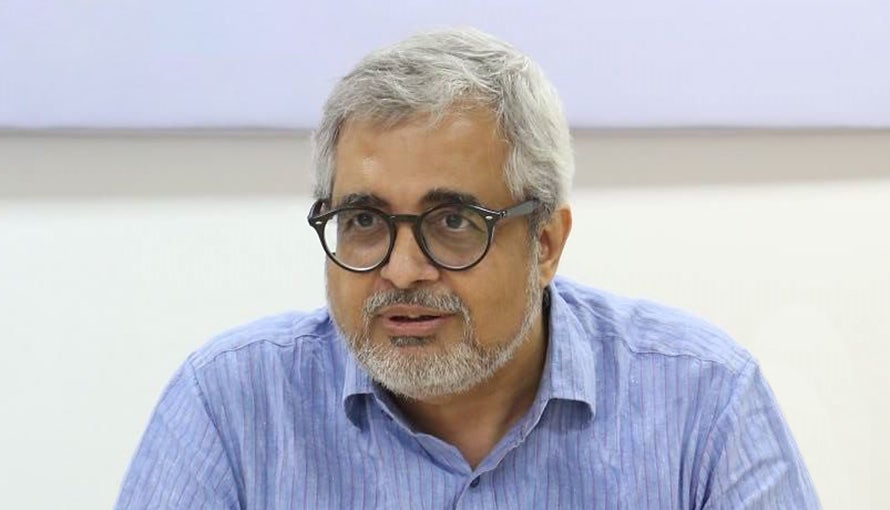
| Title: | Episode 45: Can Russia Play a Constructive Role in Sino-India Rivalry ? |
| Guest Speaker/s: | Mr Nandan Unnikrishnan |
| Designation: | Distinguished Fellow Observer Research Foundation, New Delhi |
| Abstract: | Russian Foreign Minister Sergei Lavrov recently hosted the Russia-India-China (RIC) trilateral foreign ministers’ meeting, the first opportunity for External Affairs Minister S Jaishankar and Chinese Foreign Minister Wang Yi for face-time with each other over videoconference amidst the border de-escalation process. Russia is said to have a “special relationship” with India as it is one of the key weapons supplier to the country. Last year, Russia also upgraded its relationship with China which is now dubbed as a “comprehensive strategic partnership”. Given that Russia is close to both India and China, what role can it potentially play in the de-escalation process and in the larger ties between the two neighbours in the Indian subcontinent? We spoke to Nandan Unnikrishnan, a Distinguished Fellow at Observer Research Foundation, New Delhi with expertise in Russia and Eurasia. Unnikrishnan began his career as a journalist with the Press Trust of India (PTI). He was deputed by PTI to the Institute for Defence Studies and Analyses (IDSA) and did a three-year stint in Moscow as its Bureau Chief, before moving to Business India’s Television Channel. |
| Audio: | |
| Date: | 21 July 2020 |

| Title: | Episode 44: Challenges and the Way Forward for Pakistan’s Prime Minister Imran Khan |
| Guest Speaker/s: | Dr Aasim Sajjad Akhtar |
| Designation: | Associate Professor of Political Economy National Institute of Pakistan Studies, Quaid-i-Azam University |
| Abstract: | Pakistan's Prime Minister Imran Khan completes two years in the government this August. While he began innings by promising to create a 'Naya Pakistan' free of corruption, mismanagement, foreign debt and poor economy, his performance seems to have fallen short. Now, he faces several challenges with the economy taking its worst hit in 68 years, combating the COVID-19 pandemic and controversies surrounding Kashmir after India revoked Article 370. In this episode, we spoke to Dr Aasim Sajjad Akhtar, Associate Professor of Political Economy at the National Institute of Pakistan Studies, Quaid-i-Azam University to discuss the challenges that Imran Khan's government will be facing going forward and to assess his remaining term as Prime Minister. |
| Audio: | |
| Date: | 14 July 2020 |
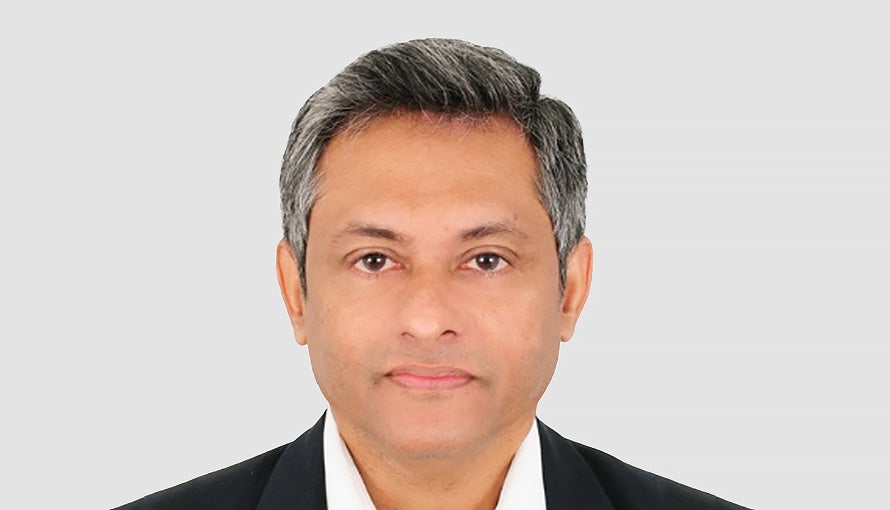
| Title: | Episode 43: Sri Lanka’s Maritime Identity – Geopolitics and Developments |
| Guest Speaker/s: | Mr Rohan Masakorala |
| Designation: | CEO of the Shippers’ Academy Colombo |
| Abstract: | The Indian subcontinent has become an important maritime hub for global powers. For Sri Lanka, it’s maritime identity was shaped specifically by its geography which attracted substantial Chinese investments. This has reshaped its maritime and shipping industry in the island nation giving rise to competition and new opportunities. Geopolitically, more countries have begun recognising Sri Lanka’s potential as a maritime hub in the Indian Ocean. To discuss the developments and the geopolitics in details, we speak with Mr Rohan Masakorala, the CEO of the Shippers’ Academy Colombo and the founder member of Singapore Shipper’s Academy and the Shippers’ Academy Colombo. |
| Audio: | |
| Date: | 07 July 2020 |

| Title: | Episode 42: India-China Border Disputes – Will there be a settlement ? |
| Guest Speaker/s: | Mr Shivshankar Menon |
| Designation: | Distinguished Visiting Research Fellow |
| Abstract: | India and China have been engaged in many border disputes but the recent Chinese infringement in the Galwan Valley resulted in 20 Indian casualties. Although both sides are engaged in military and diplomatic-level talks, India recently banned about 49 Chinese apps on grounds of threat to sovereignty. We speak to Ambassador Shivshankar Menon, Distinguished Visiting Research Fellow, ISAS. He was India's Foreign Secretary from October 2006 to August 2009 and also served as national security advisor to the Prime Minister of India from January 2010 to May 2014. Ambassador Menon shared his insights into the consequences of the current Sino-India skirmishes, possibilities for a boundary settlement, the impact of these tensions on the subcontinent and engagement with big powers. |
| Audio: | |
| Date: | 30 June 2020 |
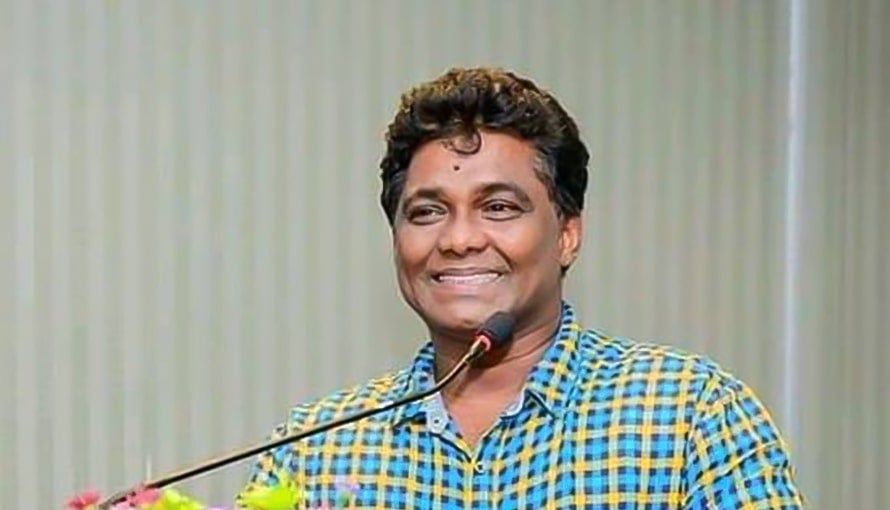
| Title: | Episode 41: Opportunities in Sri Lanka’s COVID-19 hit Tourism Industry |
| Guest Speaker/s: | Dr D A C Suranga Silva |
| Designation: | Professor in Tourism Economics Department of Economics Faculty of Arts, University of Colombo |
| Abstract: | The Sri Lankan government recently announced that the country will open up for tourism from August 2020, amidst the global pandemic. Sri Lanka has outpaced regional growth in tourism with an increase of 10 per cent in 2018, while in 2019, the Lonely Planet named it as the No 1 tourist destination in the world. However, its tourism industry couldn’t capitalise on these positive developments first due to a terror attack and now due to the pandemic. To find out more about the impact on the industry, health challenges and opportunities in medical tourism, we speak to Dr D A C Suranga Silva, Professor in Tourism Economics at the Department of Economics, Faculty of Arts, University of Colombo. He holds PhD from Virije University Amsterdam in Tourism Economics and M Phil in Environmental Economics from Maastricht School of Management (MSM), the Netherlands. |
| Audio: | |
| Date: | 23 June 2020 |

| Title: | Episode 40: Pakistan’s Obsession with Turkish Drama Diriliş: Ertuğrul |
| Guest Speaker/s: | Dr Zebunnisa Hamid |
| Designation: | Assistant Professor of Film Studies in Comparative Literary and Cultural Studies (CLCS) at LUMS |
| Abstract: | The Turkish drama series, Diriliş: Ertuğrul, has recently taken Pakistan by storm after Prime Minister Imran Khan urged his people to watch it as it promotes Islamic heroes and values. The series is loosely based on the life and times of the 13th-century Muslim Oghuz Turk leader, Ertugrul, whose son Osman Ghazi is considered to be the founder of the Ottoman Empire. Aired first on TRT, Turkey's national broadcaster, the show has now been dubbed in Urdu and aired on PTV and its YouTube channel. To find out about the popularity of this show, the socio-political debates it has sparked and its relevance to bettering Pakistan-Turkey relations, we speak to Dr Zebunnisa Hamid, an Assistant Professor of Film Studies in Comparative Literary and Cultural Studies (CLCS) at LUMS. |
| Audio: | |
| Date: | 16 June 2020 |

| Title: | Episode 39: The New Pakistan – Assessing Continuity and Change Under Imran Khan |
| Guest Speaker/s: | Assoc Prof Iqbal Singh Sevea |
| Designation: | Visiting Research Associate Professor |
| Abstract: | Pakistani Prime Minister Imran Khan’s 2018 Election Campaign was built around his vision of transforming the country into 'Naya Pakistan' or 'New Pakistan'. Now that he is set to complete his second year in office this August, it is timely to discuss the changes that he has been able to bring about thus far. In this episode of South Asia Chaat, we speak with Dr Iqbal Singh Sevea, Visiting Research Associate Professor at ISAS, who provides a preliminary progress report on continuity and change under the Imran Khan-led Government. He discusses the constraints imposed by a struggling economy, new emerging relations between the military and civilian sectors, and the massive plague of locusts that is now confronting South Asia. |
| Audio: | |
| Date: | 09 June 2020 |
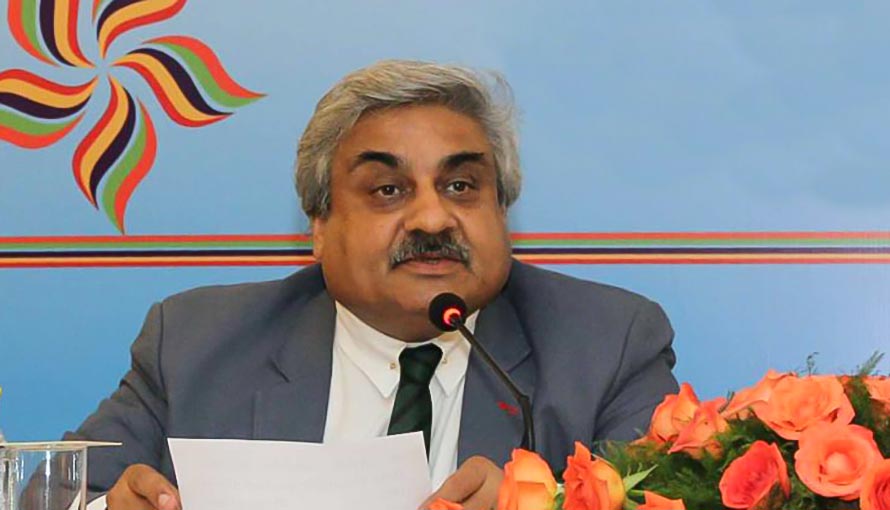
| Title: | Episode 38: India-Australia Virtual Summit – Insights from Ambassador Anil Wadhwa |
| Guest Speaker/s: | Ambasssador Anil Wadhwa |
| Designation: | Distinguished Fellow Vivekananda International Foundation |
| Abstract: | Ahead of the virtual bilateral summit between Indian Prime Minister Narendra Modi and his Australian counterpart Scott Morrison scheduled on 4 June 2020, Professor C Raja Mohan spoke to Ambassador Anil Wadhwa Distinguished Fellow, Vivekananda International Foundation, on what lies ahead in Australia-India relations in terms of cooperation in the Indo-Pacific region, enhancement of trade and the role of the diaspora. Ambassador Anil Wadhwa authored a report titled 'Australia Economic Strategy' (AES) to complement 'An India Economic Strategy To 2035' report authored by former Secretary of the Department of Foreign Affairs and Trade, Australia and Former High Commissioner of Australia to India Peter Varghese. |
| Audio: | |
| Date: | 02 June 2020 |
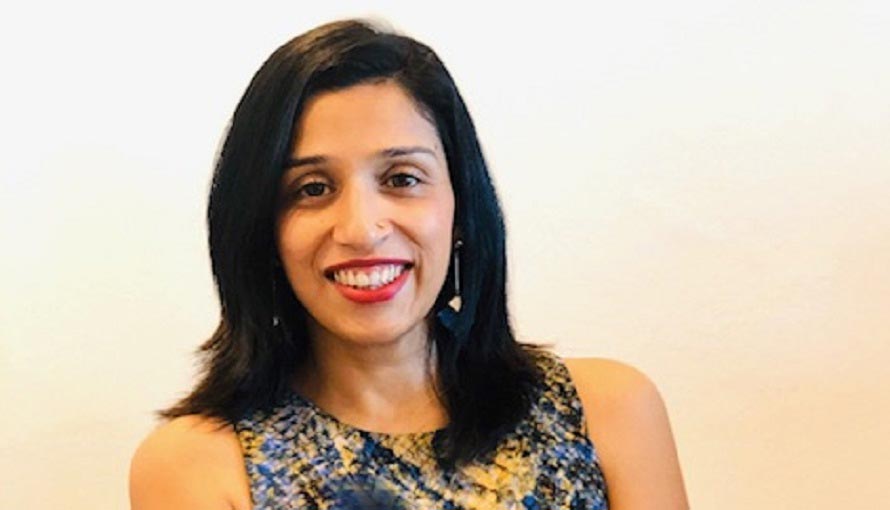
| Title: | Episode 37: Pandemic and the Role of Technology with Dr Anuradha Rao, Founder of CyberCognizanz |
| Guest Speaker/s: | Dr Anuradha Rao |
| Designation: | Founder of CyberCognizanz |
| Abstract: | Since the outbreak of the COVID-19 pandemic early this year, there has been an exponential increase in our dependence on technology. Governments are experimenting with social media to keep citizens informed and updated about the infection. Among other aspects, the pandemic has, globally, shaken the conventional methods of education. It has forced us to rethink of ways we use technology. While more countries are moving towards restoring normalcy and opening up, one of the aspects governments are enforcing is the usage of contact-tracing applications to avoid the further spread of COVID-19. To discuss the impact of the pandemic on technology, we spoke to Dr Anuradha Rao, the founder of CyberCognizanz, a training and communications company in Singapore that focuses on cyber-safety and cybersecurity. For over 11 years, Dr Anuradha has studied, taught and conducted research on the relationship between new technologies, society, politics and security in Asia at the National University of Singapore (NUS) and other higher education institutions in Singapore. Anuradha holds a PhD in Communications and New Media from NUS, and an MA in Political Science from Jawaharlal Nehru University (JNU), India. She can be reached at anuradha.rao@cybercognizanz.com |
| Audio: | |
| Date: | 19 May 2020 |
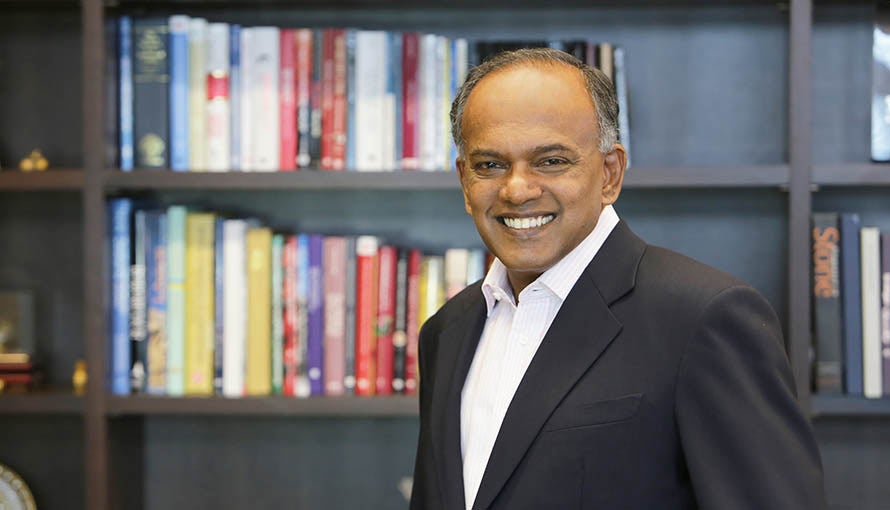
| Title: | Episode 36: COVID-19 Special Series with Mr K Shanmugam, Singapore’s Minister for Home Affairs and Law |
| Guest Speaker/s: | Mr K Shanmugam |
| Designation: | Minister for Home Affairs and Law Republic of Singapore |
| Abstract: | A vast majority of Singapore's COVID-19 infections involve foreign workers residing in dormitories. The government has taken strong and proactive measures to contain and combat the outbreak among this group. After initiating measures to curb the spread among the migrant workers in dorms, it recently decided to test all 323,000 workers residing there. Singapore has been effectively addressing the ever-changing situation and initiated measures to fight different challenges including that of online misinformation and xenophobia. We spoke to Singapore’s Minister for Home Affairs and Law, K Shanmugam, for his insights into Singapore’s response to COVID-19, measures taken to keep the foreign workers safe, and curbing the spread of fake news which could potentially create disharmony in the society. |
| Audio: | |
| Date: | 15 May 2020 |
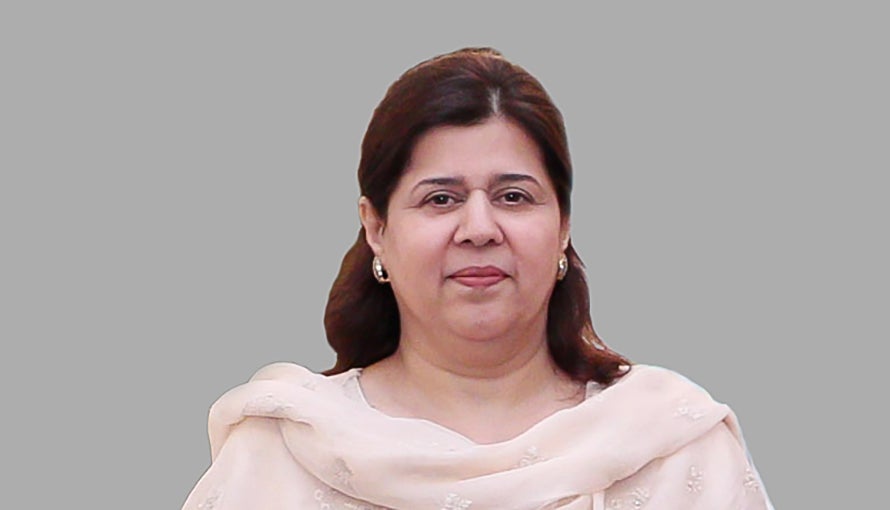
| Title: | Episode 35: COVID-19 Special Series with the High Commissioner of Pakistan, Rukhsana Afzaal |
| Guest Speaker/s: | HE Rukhsana Afzaal |
| Designation: | High Commissioner of Pakistan to Singapore |
| Abstract: | Pakistan, like many countries, found itself unprepared for COVID-19 when it struck. More than 90 per cent of the cases in Pakistan were imported, and its healthcare system struggled to grapple with the dearth of medical equipment, leading to many Pakistanis being stranded abroad. In Singapore, migrant workers are mostly from India and Bangladesh, so the number of Pakistani infected cases has been few — most of the country’s blue-collar workers are in the Gulf. In this episode, we speak to HE Rukhsana Afzal about what the Singapore government, local Pakistani community, and global financial organisations are doing to help. This involves, among other things, the development of a mobile app, the diaspora sending home critical supplies, and a global initiative for debt relief. |
| Audio: | |
| Date: | 12 May 2020 |
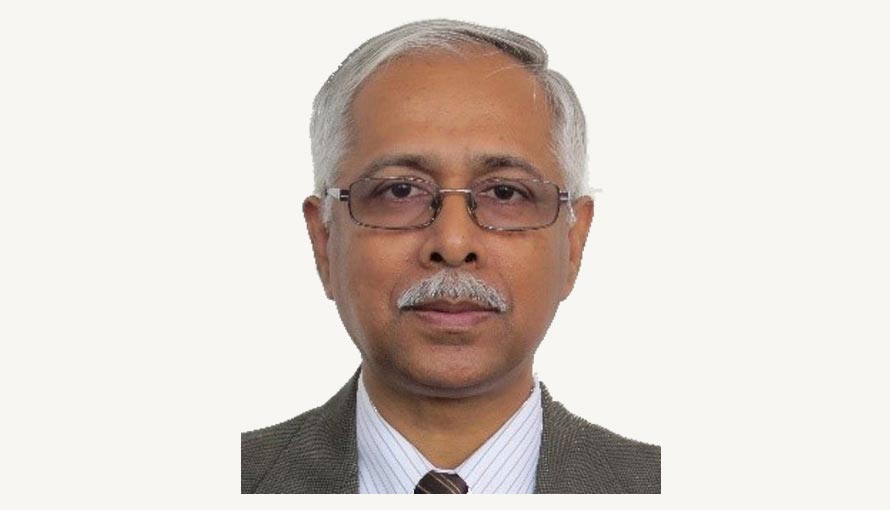
| Title: | Episode 34: COVID-19 Special Series with the Bangladesh High Commissioner to Singapore, Md Mustafizur Rahman |
| Guest Speaker/s: | HE Md Mustafizur Rahman |
| Designation: | High Commissioner of Bangladesh to Singapore |
| Abstract: | In this episode, we speak to Md Mustafizur Rahman, the Bangladesh High Commissioner to Singapore, on the impact of COVID-19 on the Bangladeshi community here, and what steps are being taken to help them. During the initial period of the outbreak, only five Bangladeshi migrant workers were infected; then came the sudden outburst in the middle of March, which has continued till date. Mr Rahman explains that the priority of the High Commission is to ensure timely treatment of infected workers, their recovery, and return to a normal life. Since, the nature of the disease and restrictions on accessing the dormitories, does not allow the High Commission to directly help these workers, they have been working with Singapore government agencies. He commends the Singapore government’s handling of the situation within dormitories and said that even small needs like providing proper interpreters and enuring these workers get Bangladeshi food are being looked into, especially since this is the month of Ramadan. |
| Audio: | |
| Date: | 11 May 2020 |
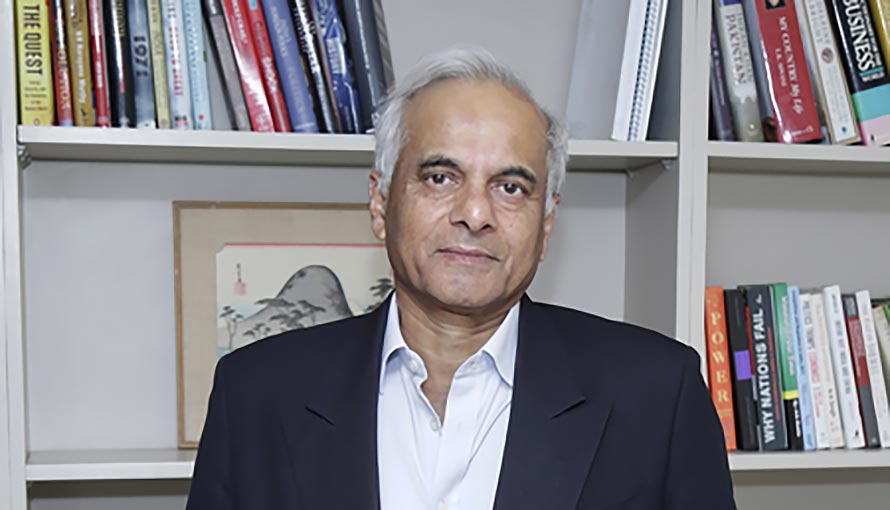
| Title: | Episode 33: Oil’s Not Well – How the Drastic Fall in Prices will Impact South Asia |
| Guest Speaker/s: | Mr Vikram Singh Mehta |
| Designation: | Chairman Brookings India |
| Abstract: | Demand for the world’s most important commodity, oil, has crumbled due to the COVID-19 pandemic. In the fourth week of April this year, the US oil prices plunged to below zero for first time in history. The fundamentals of the oil industry are not determined merely by demand and supply. Geopolitics, the politics of exchange rates and paper trading also impact its performance. This could be, by far, the greatest crisis the oil industry has ever faced impacting upstream and downstream activities. It is estimated that more than 400 industry-related companies worldwide will not be able to bear the production cost at US$20 per barrel. This conversation between Dr S Narayan (Visiting Senior Research Fellow, ISAS) and Mr Vikram Mehta (Executive Chairman of Brookings India), looks at the impact and challenges that the dive in crude oil price will have on South Asia’s oil and energy sector, as well as the economic impact (consumption and net exports) on India. For India, there is also an urgent need to build linkages and pipelines between oil and gas producers in other parts of the region such as Bangladesh. |
| Audio: | |
| Date: | 07 May 2020 |
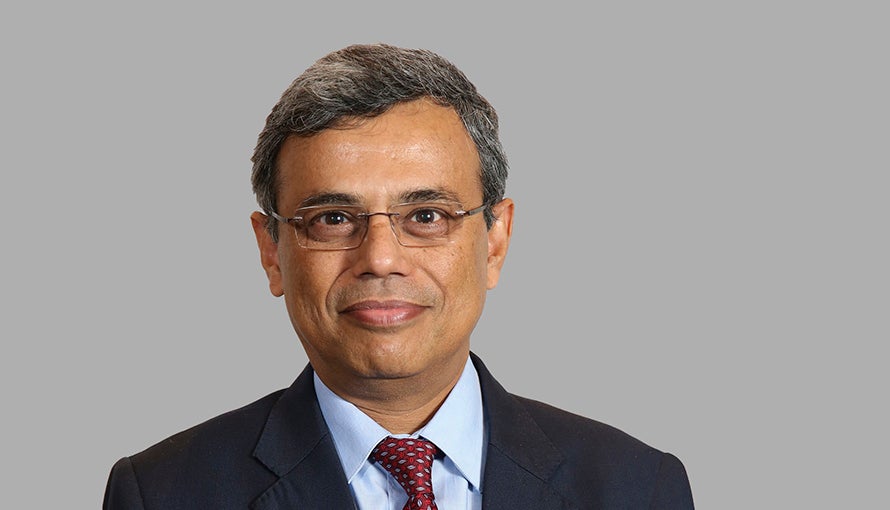
| Title: | Episode 32: COVID-19 Special Series with the Indian High Commissioner HE Jawed Ashraf |
| Guest Speaker/s: | HE Jawed Ashraf |
| Designation: | High Commissioner of India to Singapore |
| Abstract: | The number of COVID-19 cases has risen drastically in Singapore affecting about 4,800 Indian nationals. Over 90 per cent of them are foreign workers living in dormitories across the island. To get some insights on the measures taken by both the Indian High Commission in Singapore and the Singapore government to support them, we spoke to His Excellency Jawed Ashraf, High Commissioner of India to Singapore. In this episode, HE Jawed Ashraf gave us details of what was being done to not just help Covid-affected individuals but also Indian nationals stranded here, Singapore’s contribution to India's fight against the Coronavirus and how the pandemic will impact Singapore-India bilateral relations. |
| Audio: | |
| Date: | 05 May 2020 |
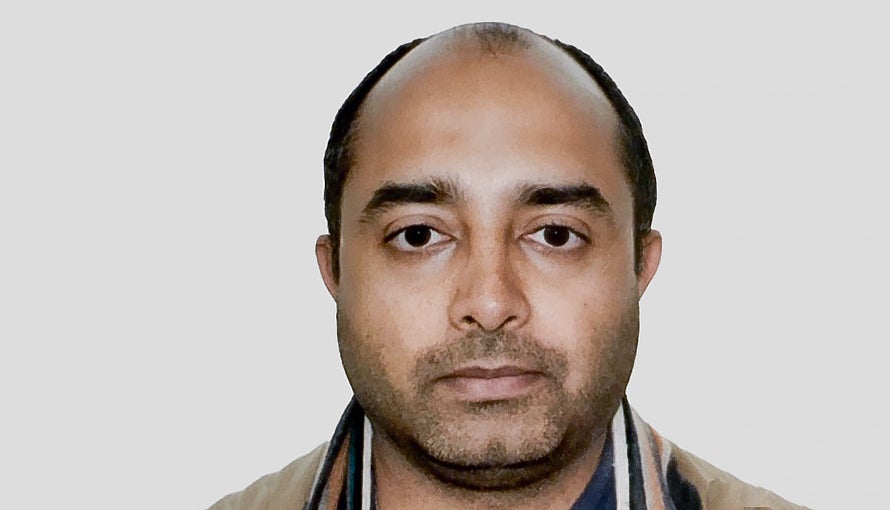
| Title: | Episode 31: Stuck in a Limbo – Migrant Workers amid India’s Lockdown |
| Guest Speaker/s: | Dr Indrajit Roy |
| Designation: | Lecturer University of York, UK |
| Abstract: | On 25th March 2020 the Indian Prime Minister declared a nationwide lockdown to stop the spread of Covid-19. Four hours after the Prime Minister’s announcements, all forms of transportation stopped. Millions of internal migrant workers found themselves without a job as most economic activities came to a halt and left with little choice but to walk hundreds or thousands of kilometres back to their home villages, only to find inter-state borders close. In this conversation with Dr Indirajit Roy (University of York), we look at the scale of the phenomenon, what kind of assistance are migrants receiving and what implications this massive internal migration will have on India’s political economy. |
| Audio: | |
| Date: | 20 April 2020 |
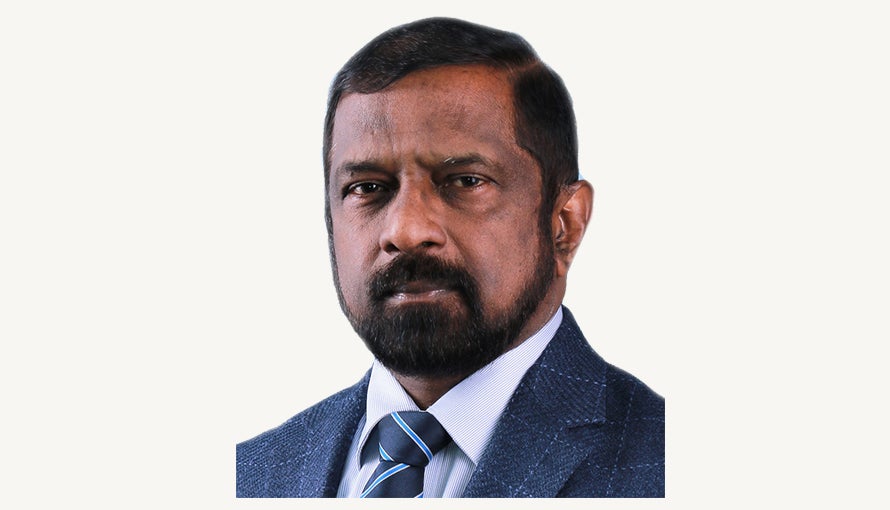
| Title: | Episode 30: Sri Lankan Response to the COVID-19 Crisis – A Ground Report |
| Guest Speaker/s: | Admiral Professor Jayanath Colombage |
| Designation: | Additional Secretary to the President of Sri Lanka |
| Abstract: | Sri Lanka is among the 209 countries fighting the coronavirus. Since it reported its first case in late January, the country has so far identified close to 200 patients. Despite being a small economy, it has managed the pandemic quite admirably. The country has not seen an exponential growth in the number of patients, which is currently at manageable levels. What measures did the Sri Lankan government take in order to contain and manage the spread of the virus? How effective have the measures been so far? In this episode, Admiral Professor Jayanath Colombage shares his insights and observations on Sri Lanka’s battle against COVID-19. Professor Colombage is the former chief of the Sri Lanka navy. Since his retirement, he is an active academic. Currently, he serves as the Additional Secretary to President Gotabaya Rajapaksa. He is also the Director of the Institute of National Security Studies of Sri Lanka. |
| Audio: | |
| Date: | 14 April 2020 |
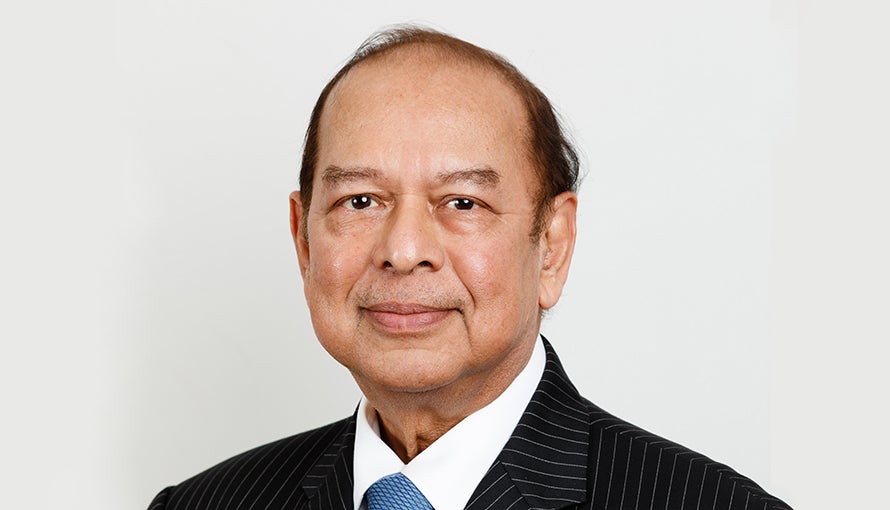
| Title: | Episode 29: Intra-Afghan Talks – Obstacles and Prospects |
| Guest Speaker/s: | Dr Iftekhar Chowdhury |
| Designation: | Principal Research Fellow |
| Abstract: | The intra-Afghan dialogue is off to a rocky start. In recent developments, Kabul and the Taliban debated a prisoner swap, the Taliban rejected the Kabul government’s negotiation team, and attacks on Afghan forces continue amidst a draw-down of American troops. President Ashraf Ghani and Chief Executive Officer Abdulla Abdulla also both claimed the presidency after contentious elections, splintering consensus further. In this episode, we speak with Dr Iftekhar Chowdhury, Principal Research Fellow, ISAS, and former Foreign Minister of Bangladesh, to understand what the Taliban wants now that the crown appears within reach. He argues that a Taliban in power may have good working relations with the international community, and that the world should engage the Taliban to ensure that certain universal rights and values are respected. |
| Audio: | |
| Date: | 07 April 2020 |

| Title: | Episode 28: Will COVID-19 Integrate SAARC? |
| Guest Speaker/s: | Professor C Raja Mohan |
| Designation: | Director |
| Abstract: | In the fight against COVID-19, two notable developments took place in South Asia last week. The first was Indian Prime Minister Narendra Modi addressing the nation for the first time on plans to tackle the outbreak. The second was the Modi-initiated teleconference with the heads of South Asian Association for Regional Cooperation on confronting COVID-19 as a common threat. How successful will these initiatives and efforts be? In this episode, ISAS Director Professor C Raja Mohan shares his insights on India’s fight against COVID-19 and regional cooperation among the South Asian countries. |
| Audio: | |
| Date: | 23 March 2020 |
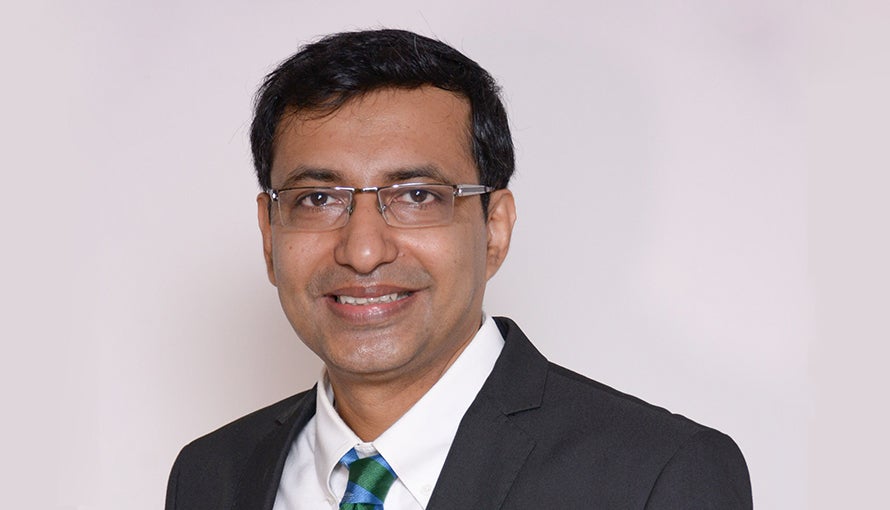
| Title: | Episode 27: Jyotiraditya Scindia’s ‘Homecoming’ to the BJP |
| Guest Speaker/s: | Dr Ronojoy Sen |
| Designation: | Senior Research Fellow |
| Abstract: | Jyotiraditya Scindia, a three-time Lok Sabha Member of Parliament and an important member of the Congress Party leadership, joined hands with the Bharatiya Janata Party last week, taking 22 Congress members of the Madhya Pradesh Legislative Assembly with him. His defection has resulted in the fall of the state government. ISAS Senior Research Fellow Ronojoy Sen discusses the significance of Scindia’s shift in allegiance and the precedent it could set for other dynamic, young Congress leaders. |
| Audio: | |
| Date: | 20 March 2020 |

| Title: | Episode 26: India’s Response to COVID-19 |
| Guest Speaker/s: | Dr Amitendu Palit |
| Designation: | Senior Research Fellow |
| Abstract: | Covid-19, now officially labeled a pandemic by the World Health Organization, has been reported in around 150 countries. Though India is low on the list of countries worst-affected by the outbreak, it could face challenges in combating the virus. In this episode, we speak with ISAS’ Senior Research Fellow Amitendu Palit about India’s response to the pandemic. He discusses: the possible scenario of the virus graduating to community-induced local spread; its ramifications on India’s economy amidst a banking crisis and a deepening global economic slowdown; the effect of trade disruption with China on India’s pharmaceutical industry; and the vulnerability of South Asia, as a region, and its push to find a strategy for this common threat. |
| Audio: | |
| Date: | 18 March 2020 |
Load more
South Asia is available on Apple Podcasts, Spotify and Podbean.
For any podcast-related queries, please contact us at hkaur@nus.edu.sg



